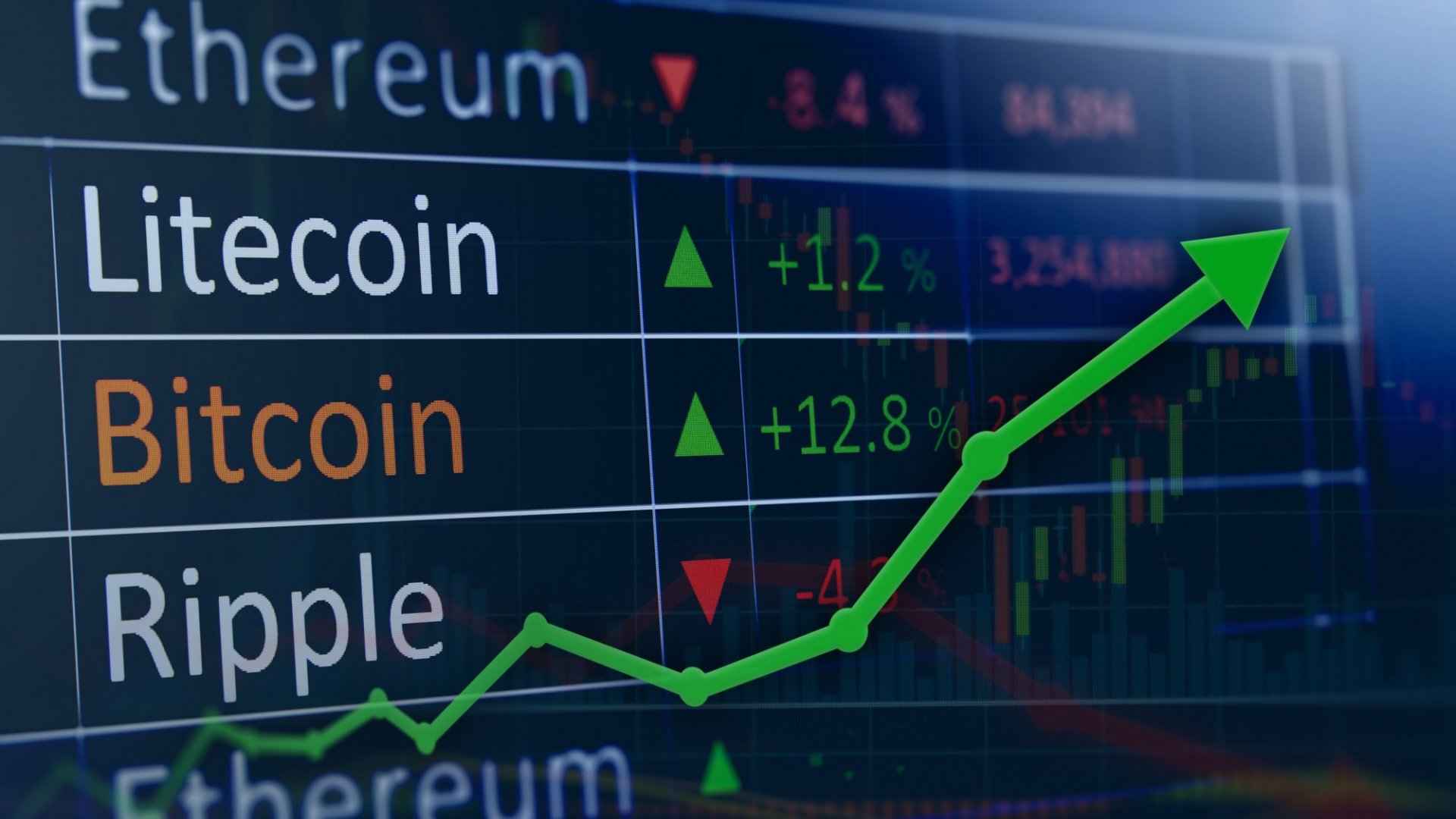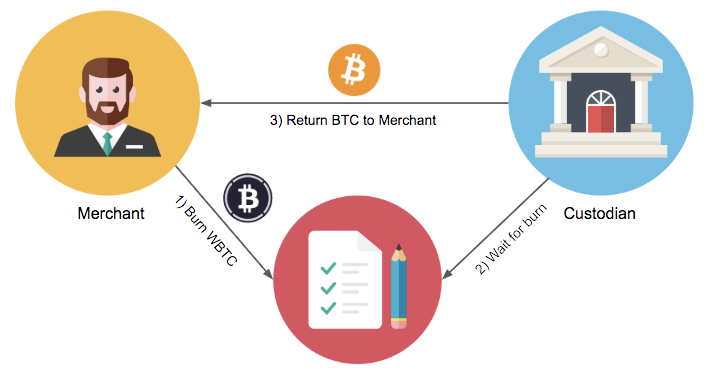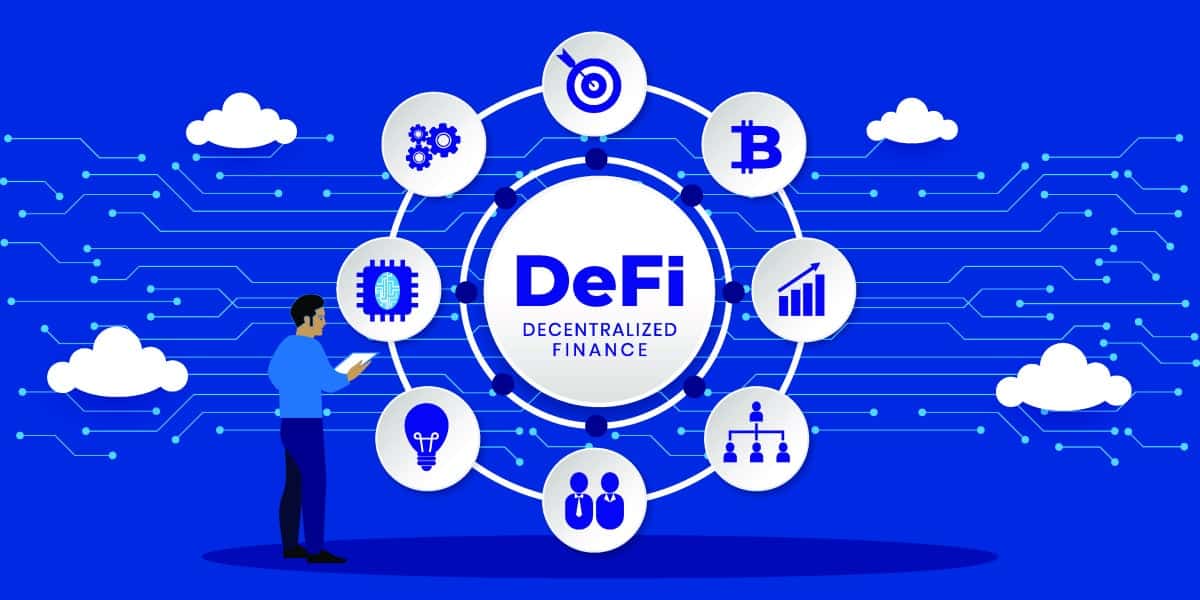Best Practices for Managing Your Cryptocurrency Holdings: Secure Your Digital Wealth
Do you keep a close watch on your digital coins? With the rise of crypto, your stash needs tight security. Dive into best practices for managing your cryptocurrency holdings securely. We’ll cover the basics, from wallet safety to picking strong storage solutions. Tackle threats with two-factor authentication and learn about hardware wallet options. Get ahead by knowing the risks and rewards of online versus offline wallets and crafting a bulletproof backup plan. Stay sharp in this fast-changing world with the latest in security updates and DeFi measures. Secure your digital wealth today and rest easy your assets are safe.
Understanding Cryptocurrency Security Fundamentals
Embracing Crypto Wallet Safety and Private Key Security
Let’s tackle a biggie: keeping your crypto safe. Crypto security is serious stuff. Without it, your digital dough could be toast. Think of crypto like cash. Would you leave your money out for anyone to grab? No way! That’s where a crypto wallet steps in. You’ve got to make it your best pal for holding your coins.
Let’s break down crypto wallets. Online wallets are easy to use but risky – they’re always connected to the internet. Offline wallets, though, are less risky. They are like a safe. They keep your coins offline, away from hackers. You just need a solid backup plan so you don’t lose access if things go south.
Now, ever heard of a private key? It’s like the only key to your money’s safe. If you share it, it’s game over. So, keep your key secret and safe. Imagine it’s a treasure map where ‘X’ marks your wealth. You wouldn’t hand that out, right?
To lock things down, write your key on paper or save it on a USB drive. Keep these in different spots that only you know about, maybe even a safe deposit box. Treat this key like gold, because in the crypto world, it kinda is.
Evaluating Secure Crypto Storage Solutions
Moving on, you have to pick a great storage spot for your crypto. We’re talking about secure crypto storage solutions. Think of them like vaults. Some are simple. Others are like Fort Knox with lasers and all. You need one that’s just right for your needs.
First up, you have the online vaults or hot wallets. They’re convenient but can be hacked. It’s like leaving your car keys in the ignition. Then, there are cold storage options. These are offline and super secure, like burying your treasure on a deserted island. For cold storage, you could use a hardware wallet or paper wallet.
Hardware wallets are like uncrackable puzzle boxes. They keep your crypto locked up tight until you decide to use it. They are small devices, tough for thieves to reach, giving you peace of mind. Remember to update them, though, just like you’d tune up your car.
Another cool thing is multi-signature technology. It needs more than one key to unlock your coins. It’s like needing two keys to start a spaceship. Pretty neat for extra security, right?
So, what’s next? You’ve got to make a choice. Think about what you have and need. Are you daily trading or saving for years? Your answer decides if you go for a hot wallet or cold storage.
Tip time! Always double-check where you send your crypto. One wrong letter or number and poof! It’s gone to the wrong place. And, if you’re trading heaps of coins, split them up. Put some in cold storage and some in a hot wallet. It’s like not keeping all your eggs in one basket.
In the end, the biggest point is this: you’re the boss of your crypto’s safety. Make smart choices, and you’ll sleep sound knowing your digital dough is secure.
Enhancing Asset Security with Advanced Technologies
Implementing Two-factor Authentication and Hardware Wallets
Keeping your crypto safe sounds tough, right? Not really! Simple steps can secure your digital coins. Start with two-factor authentication (2FA) for your crypto accounts. This means you’ll need two proofs to access your stuff. It’s like needing both a key and a fingerprint to open a treasure chest. And guess what? It’s really effective!
What’s another solid move? Getting a hardware wallet. Imagine it as a personal vault. Only you can open it, and it’s offline. So hackers can’t get to it easily. This little gadget holds your private keys, those secret codes that prove you own your cryptos. You carry your wallet around, or store it safely. Your mind stays worry-free, knowing your wealth is locked tight.
Recognizing and Avoiding Cryptocurrency Scams
Now, let’s chat scams—nasty tricks that can swipe your crypto if you’re not careful. Fast talk and big promises are red flags. If someone promises huge profits and says “no risks,” be super careful. Real crypto investing doesn’t work like magic.
Remember, sharing your private keys is a no-go. Think of them as the secret words to your castle. Give them out, and you’re handing over the keys to your kingdom! Always check who’s asking for your crypto details. If it’s an unknown person or sketchy site, it’s probably a scam.
Also, those random messages or emails you get? The ones that say, “Click here to win!” or offer free coins if you give some first? Those are bait—don’t bite. Scammers use these to trick you. Like candy from strangers, just don’t take it.
Scammers can fake it good, pretending to be your bank or a famous exchange. So, always make sure you’re on the real site, not a copycat one. Double-check the website address. Look for “https://” and a padlock icon. It means the site is trying to keep your details safe.
Stay wise to scams, and your crypto journey will be a whole lot smoother.
Protect your treasures, crypto adventurer! Use these simple steps, and stay one step ahead. Your future self will high-five you for keeping your digital wealth safe and sound!
Establishing Robust Security Protocols
Navigating Online vs. Offline Wallet Risks and Benefits
Online wallets are easy but risky. Hackers can attack them. Offline wallets, like paper or hardware wallets, keep your crypto safe even if your computer is hit by cyber-thieves. Remember, online wallets can tempt you with quick access and smooth trades. But peace of mind? That’s where offline wallets come in. They’re like a safe in your house – hard to crack, right where you can see them.
To choose right, think about safety over ease. Yes, hardware wallets can cost a bit, while paper wallets need care. But if your digital riches are vast, they’re well worth it. Quick peeks at your crypto are handy with online wallets. Yet, for your golden stash, offline is the smart way.
Developing Comprehensive Backup Strategies for Crypto Assets
Backups save the day if your data’s lost or stolen. For crypto, this could mean a list of your private keys or a copy of your wallet’s seed phrase. You might hear ‘encryption’ – fancy talk for scrambling data so only you can unlock it. Use this for your backups. Keep them hidden and split in different spots. Losing your crypto can feel worse than a punch in the gut, so guard those backups well.
For extra safety, think about cold storage. It’s like putting your digital coins in a deep freeze – far from hackers. Use it for a chunk of your crypto, mainly the part you won’t need soon.
Crypto is a treasure; protect it with brainpower and the right tech. Stay sharp, avoid scams, and handle your digital wealth with care. With robust plans and smart tools, your crypto future can be brilliant and safe.
Staying Secure in an Evolving Crypto Landscape
Adapting to Decentralized Finance (DeFi) Security Measures
DeFi is changing how we handle money. It’s a brave new world where you can lend, borrow, and bank without traditional middlemen. But with great power comes great responsibility, particularly with security. To stay safe, you must use strong passwords and guard them like treasure. It’s smart to have backups for your passwords and codes in a few places, too. Use trusted platforms and check them out before you dive in.
With DeFi platforms, always keep a close eye on your investment. Use two-factor authentication for crypto. It puts up a strong defensive wall. Think of it as a secret code that changes every time. This way, even if someone learns one code, they can’t get your crypto.
Beware of tricks and scams. Be like a detective and research offers that seem too good to be true. They often are. Always double-check who you’re sending money to and get the details right. Remember, in crypto, “undo” doesn’t exist. Once you send it, it’s gone.
Safeguarding Your Investments with Regular Security Updates
Digital crooks never sleep. They’re always digging for ways to grab your crypto. Keep them out by updating your security. Why? Because with each update, your defense gets stronger. Think of it as adding more locks on your digital treasure chest.
Start by checking your digital asset protection. Are your crypto wallet safety and private key security top-notch? Your private key is like the only key to your safe. Lose it, and your crypto could be lost forever. Keep it secret, and keep it safe.
Speaking of safe, consider cold storage for digital currency. It’s like keeping your jewels in a vault. It’s not online, so hackers can’t touch it. Encryption in cryptocurrency is another hero in your security saga. It scrambles your data so sneak thieves can’t read it.
Backup strategies for crypto assets deserve attention as well. Imagine your computer crashes. Without a backup, panic sets in. But with a backup, you breathe easy. Copy your vital info and keep it in a secure place. Then you’re ready for whatever comes.
And remember, security is not a one-time thing. It’s a changing game. New trouble pops up; new fixes must follow. Keep up with the latest know-how and always be ready to beef up your defenses.
To put it simply: DeFi can be your friend or your foe. Be watchful, keep your stuff locked up tight, stay sharp against scams, and always, always stay current with your security. This way, you help make sure your digital wealth stays right where it should – with you.
In this post, we’ve broken down the basics of cryptocurrency security. You learned key tips on wallet safety and how to protect your private keys. Secure storage is a must, and we looked at safe solutions. We also went into advanced tech like two-factor authentication and hardware wallets. These are great for keeping assets safe. It’s smart to know about scams too, so you can steer clear.
Having strong security protocols is critical. You found out the pros and cons of online versus offline wallets. A solid backup plan for your assets is also vital. Crypto world keeps changing, and you’ve got tips on dealing with DeFi and staying up-to-date with security measures.
Remember, protecting your crypto investments is always in your hands. Stay informed, stay secure, and keep your digital wealth safe.
Q&A :
What are the crucial steps to secure my cryptocurrency investments?
Securing your cryptocurrency involves a multifaceted approach. It’s essential to use strong, unique passwords and enable two-factor authentication (2FA) for all your accounts. Always store large amounts of cryptocurrencies in hardware wallets and keep your software up to date. Be wary of phishing scams by double-checking URLs and email addresses. Also, consider using a multi-signature wallet for an added layer of security, especially for substantial holdings.
How can I ensure the safety of my crypto wallet?
The safety of your crypto wallet is paramount. First, choose a reputable wallet provider with robust security measures. Always back up your wallet regularly and store the backup in a safe location. Use hardware wallets for significant amounts or long-term storage as they are less vulnerable to hacking. Keep your private keys confidential and never share them. Remember that the security of your wallet correlates directly with how you handle your private keys and recovery phrases.
What measures should I take to protect myself from cryptocurrency fraud?
Protecting yourself from fraud in the cryptocurrency space requires vigilance. Perform due diligence before making any investments, and only use reputable and secure platforms for trading. Keep your communications secure, and be skeptical of too-good-to-be-true offers, as they often signal a scam. Additionally, always verify the authenticity of any organization or individual before providing personal information or funds. Educating yourself on common types of cryptocurrency frauds can also equip you to spot and avoid them.
Is it necessary to use different wallets for my cryptocurrency holdings?
Using different wallets can enhance your security strategy. It diversifies your risk and can protect your funds if one wallet is compromised. Having multiple wallets can separate your daily transactions from your long-term investments. For optimal security, consider using a combination of hot wallets (for convenience and frequent access) and cold wallets (for secure, offline storage).
What best practices should I follow when trading cryptocurrencies?
When trading cryptocurrencies, it’s crucial to follow best practices for optimal security. Always trade on well-known and secure exchanges with a strong track record. Keep your trading software up to date, use secure and unique passwords, and enable 2FA for all transactions. Be sure to withdraw your cryptocurrencies into your own wallet, preferable a cold wallet, rather than leaving them on the exchange. Monitor your accounts regularly for any unauthorized transactions and adhere to secure internet practices, such as using VPNs and secure Wi-Fi networks.



